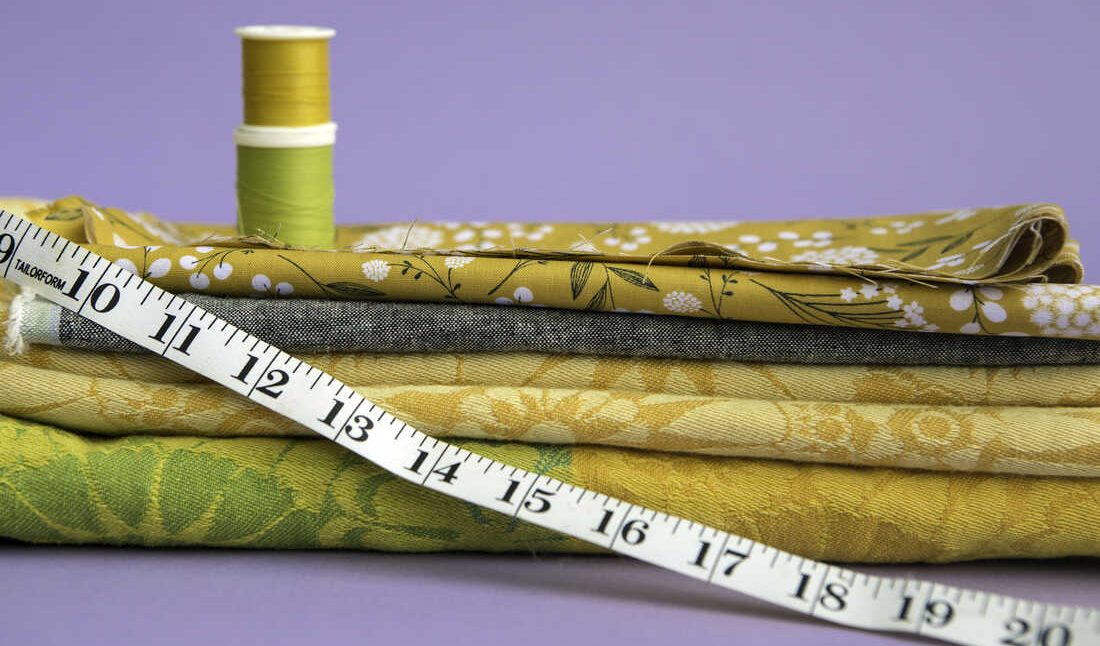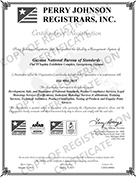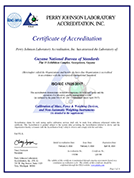The Christmas season is closely associated with delicious food, fruits and other goodies for children and adults alike, as families gather to celebrate the holidays. To make the long list of dishes that satisfy the taste buds of each family member, many persons have commenced shopping for their ingredients at shops, supermarkets and markets countrywide. As the National Measurement Institute (NMI), the Guyana National Bureau of Standards (GNBS) is encouraging consumers to purchase from businesses using verified scales and other measuring instruments.
The measuring instruments used in trade are verified twice annually by the GNBS in accordance with the 1981 Weights and Measures Act, to ensure accuracy. To date, the Bureau’s Legal Metrology Inspectors have verified 2,102 electronic scales, 3,860 equal arm scales and 11,455 masses. Verification exercises were conducted at shops and markets across the country in the first and third quarters of 2023.
Verified measuring instruments are affixed with a blue and yellow seal which is signed and dated by a GNBS Inspectors. Seals are placed on the front of the instruments to be visible to consumers when purchasing groceries and other weighed or measured items.
In addition to purchasing from users of verified measuring instruments, consumers have meaningful roles to play which would guarantee that they are not given short weights and measures. These include:
- Making sure the instruments used to weigh or measure your goods are clean and tidy. Dirty instruments often give inaccurate weights and measures and can cause the contamination of goods including food items.
- Purchasing products in metric units (Kilograms and Grams for mass, Litres and Millilitres for liquids, and Metres and Centimetres for length measurements)
- Ensuring that you can see the measuring indicator of scales during the weighing process. The scale must be positioned in a manner, which will allow you to see the weighing process.
- Do not buy from vendors or shopkeepers using the domestic (kitchen) scales. These scales are not approved for commercial trade because their internal mechanisms are quickly worn, hence they give inaccurate weights.
- Do not accept purchase if you have doubts about your weight or measure. You can ask the seller to reweigh or measure the item to be satisfied with the quantities given to you.
- Buy all solids by weight (mass) instead of measure. Rice, peas and channa are solid goods and all solids must be weighed, not measured. Request these goods in grammes and kilograms instead of pints and gallons.
- Buy prepackaged goods that are labelled with the quantity (net contents). For example: 450 grams, 1 kilogram, 3 litres, etc. Remember, without a stated quantity on the label/package you can be sold a lesser quantity than you are paying for.
- Call or WhatsApp the GNBS or visit the Sub-offices or Weights and Measures Office in your Region to make complaints about short weight or measure if the need arises.






